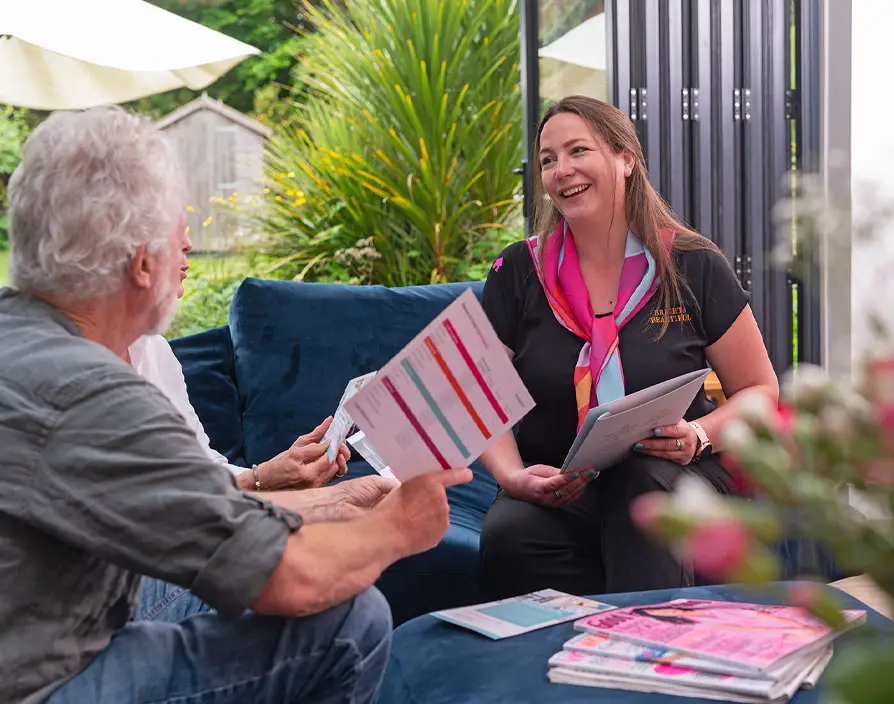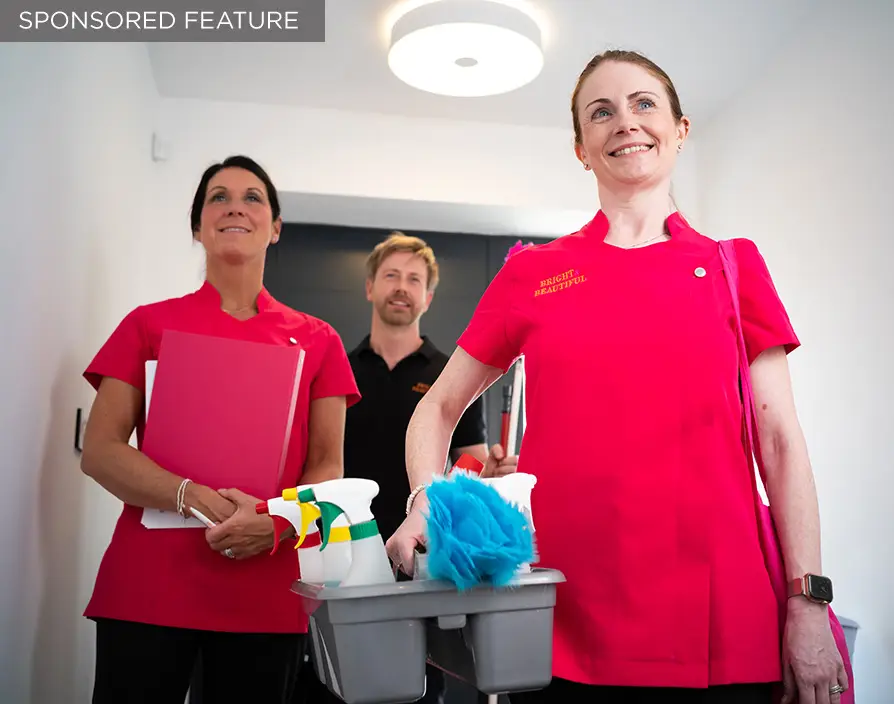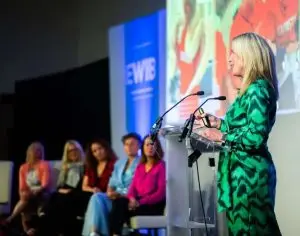The cleaning industry in the UK has grown exponentially in recent years, as the post-pandemic focus on cleaning standards has remained. If anything, industry professionals shifted from the background – a silent service – to being on the frontline as essential workers. What’s more, the lack of furlough for self-employed cleaners and housekeepers during these times, has made the employed cleaning market even more attractive. In fact, Bright & Beautiful, which has always employed its cleaners, has seen almost four times the number of inquiries monthly from 2019 to 2022.
Cleaning in the UK
Cleaning is an essential piece of infrastructure in the global economy, accounting for almost £60 million in the UK alone. The rise in the number of cleaning businesses applies not only to commercial but also to domestic homes. In 2020 there were 66,420 businesses operating, growing to 69,005 in 2021, with 99% of these being private businesses.* The 941,000+ directly employed cleaners in the UK, now equates to 5% of the UK workforce. *
Busy people and busy businesses
People are too busy to clean their own homes with 1 in 3 households employing a cleaner. This is a service now seen as a necessity, not a luxury for many homes. The busy working family is seen as a top demographic for domestic help, but there has been an increase in demand from both the single professionals market and the ageing population. The value that households put on their home cleanliness is at an all-time high, with strict cleaning procedures and safety measures at the top of the asks when researching whom to work with.
Businesses now expect a higher level of cleaning to prevent absence which can have a dramatic effect on a business’s operations. The Office for National Statistics reported the sickness absence rate at 2.6% in 2022, which is an increase of 0.7 points from 2019.*** Nicola Woodcock of Neighbourly Brands UK says, “Associates should be safe and healthy in their work environment, and a clean workplace will contribute to that.”
Invest in innovation and training
Recruitment over the last few years has been a hot topic across all service industries following furlough and EU staff leaving the UK. The cleaning industry certainly felt an impact, however, fully employed models were able to retain staff through furlough schemes and being able to operate as “essential workers”.
Job-seekers are increasingly turning to cleaning roles too, as they offer a largely flexible job with part-time or full-time hours. Some want to work around child care, for example, and look at businesses that can support their family life, provide holiday pay, and contribute to a pension for their future.
The British Cleaning Council also identifies an aging workforce as a potential concern with 27% of cleaners aged over 55 and only 9% under 25. Cleaning businesses that are looking at innovations to help develop their workforce will be a way to incentivise younger employers. Learning and development will be a huge focus in the coming years to create long-term careers.

Automation and AI ****
Put quite simply, cleaning can never be replaced by Artificial Intelligence or Robots, which makes it an entirely future-proof industry.
You may have an automated Roomba in your home, but the empathy and emotional intelligence required to create a comfortable environment for people require the human touch. A fully trained cleaner will know what materials and surfaces require specific needs, whilst also identifying the needs and “pain points” of the client. This interaction element of working with a client and building rapport cannot be underestimated when deciding how to pick a business to work with. There are so many variations in cleaning a property that humans are able to make those quick decisions, such as changing for a mop to a vacuum cleaner for a particular purpose.
The creativity involved in many cleaning roles cannot be matched by automation. What may seem like a routine task to many actually requires a lot of intricate decision-making to identify innovative solutions to complex cleaning challenges. Housekeepers who deliver premium, professional high-end finishing touches depend on their creativity to come up with fresh ideas to WOW their clients.
Conclusion
The cleaning industry is future-proof and has never been as buoyant as it is now. The support of a franchise model that allow individuals to grow a sustainable, structured long-term model will ensure long-term success. With failure rates for franchising at less than 5%, using a reputable, proven model and access to dedicated support will help to grow a long-term sustainable business.
Our top tip when looking at cleaning franchisors to work with are to ask what, if any, Learning and Development (L&D) innovations are in place. The industry is future-proof, but ever evolving, and franchise models should stay ahead of the curve.
This article comes courtesy of Bright & Beautiful, the leading professional cleaning business in the UK offering premium housekeeping services. Placed in the Elite Franchise Top 25, Winners of the 5* Franchisee Satisfaction Award, Continuous Improvement Award, and 2 Great British Franchisee of the Year Award winners 2022, and 2023.
* British Cleaning Council 2022 Research Report
** NatWest report on franchising partnered with the bfa 2019
*** Sickness absence in the UK labour market – Office for National Statistics (ons.gov.uk)
**** Why Cleaning Could Never Be Fully Replaced by Robots or AI (linkedin.com)
































